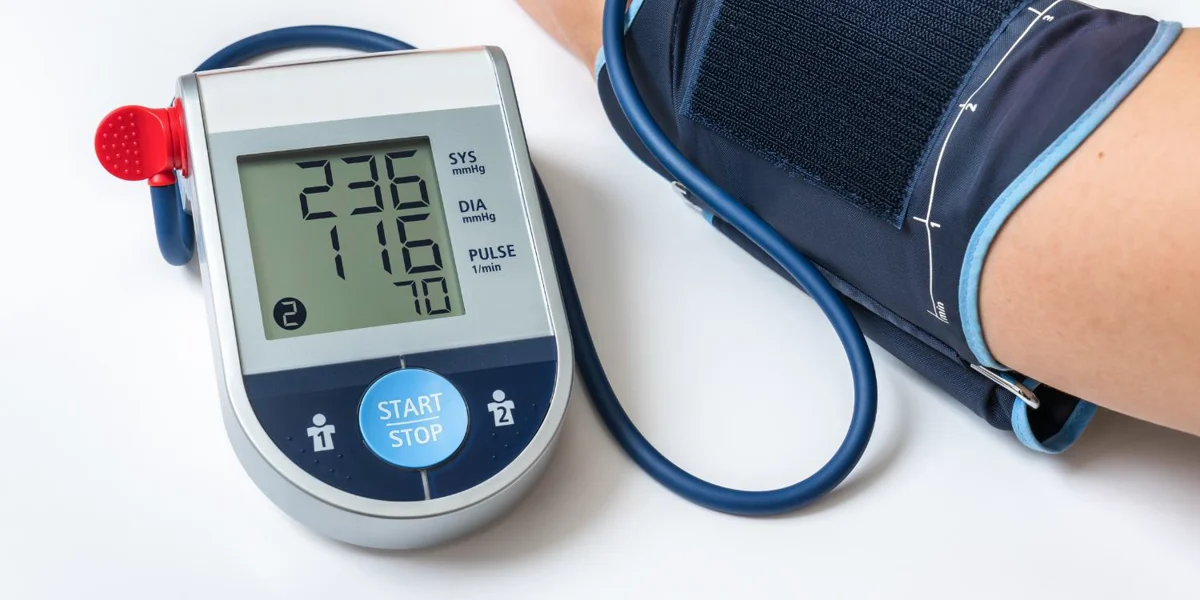
Alzheimer's disease is the most common form of dementia, which affects approximately
1 in 10 Singaporeans over age 60, making prevention a critical
public health priority.
Characterised by progressive decline in memory, thinking, and language, Alzheimer's
can develop even before age 65 (known as young-onset AD), though age remains the
primary risk factor (Subramaniam et al., 2015).
Although there is no cure for dementia, early treatment of symptoms is possible
because changes in the brain begin 20 years before the onset of dementia (Caselli et
al., 2020). Detecting symptoms early allows for timely intervention to slow the
progression of the disease. If you have concerns about your cognition, speak to your
healthcare provider about getting a cognitive assessment.
Lifestyle modification can also help reduce your risk of Alzheimer's disease
(Livingston et al., 2024). Here are five lifestyle tips to help protect your brain
health.
1. Manage Your Cholesterol Levels

Manage your cholesterol levels with regular blood tests. High levels of cholesterol in the brain cause harmful proteins such as amyloid and tau to build up. Abnormal tau accumulates in specific brain regions responsible for our memory and amyloid clumps into plaques between neurons. (Nagga et al., 2018). If you have high cholesterol, speak to your doctor to get advice on how to lower your cholesterol levels.
2. Manage Your Blood Pressure

Manage your blood pressure at home with a digital blood pressure device which can be purchased at pharmacies. A normal blood pressure reading should be less than 130/85mmHg. A blood pressure of 140/90mmHg or higher indicates high blood pressure. High blood pressure is known as a silent killer because it usually has no symptoms. However, damage is caused to the arteries that is 3 responsible to carry oxygen to the brain. See a doctor to get advice on how to manage your high blood pressure. (Singapore Heart Foundation, 2024).
3. Manage Blood Sugar Levels

Manage blood sugar levels with regular blood tests. Higher glucose levels are a risk factor in developing dementia. (Crane et al., 2013). Blood sugar levels may cause brain damage, cause brain atrophy, altered blood vessels in the brain and impair cell function (Cao et al., 2024). Speak to your doctor about how to manage blood sugar levels.
4. Treat Depression

There is a high comorbidity of people with depression and dementia. About 40% of people with dementia have depression. Depression and dementia share common symptoms such as social isolation, decreased ability 4 to function daily and poorer cognition. (Leung et al., 2021). Treating depression is likely to have the biggest impact of reducing the risk of developing dementia. If you experience low mood, seek a doctor for advice on how to treat depression.
5. Increase Moderate to Intensive Physical Activity

Low levels of physical activity increase the risk of developing Alzheimer’s Disease. Physical activity modulates the amyloid, blood flow to the brain and release of neurotrophins that help fight infection (De la Rosa et al., 2020). Include a mix of aerobic (i.e. running, swimming), strength (i.e. weight training) and balance exercises (i.e. yoga, Pilates) into your weekly physical activity routine.
Schedule Regular Cognitive Screening

Schedule regular cognitive screening to detect any cognitive decline. The Digital Brain Function Screen (DBFS)
is a digital cognitive assessment which takes around 25 minutes to complete and can
be done wherever you are. The DBFS incorporates neuroscience puzzles and a lifestyle
questionnaire which allows for monitoring of cognitive decline over time. You can
find out more from your ATA Medical clinic doctor or read more about the DBFS here.
A happy life starts with a healthy body and mind. Please share these tips with your
loved ones to help them reduce the risk of Alzheimer’s disease and live life to the
fullest.
References
Cao, F., Yang, F., Li, J. et al. The relationship between diabetes and the dementia
risk: a meta-analysis. Diabetol Metab Syndr 16, 101 (2024). https://doi.org/10.1186/s13098-024-01346-4
Caselli RJ, Langlais BT, Dueck AC, Chen Y, Su Y, Locke DEC, Woodruff BK, Reiman EM.
Neuropsychological decline up to 20 years before incident mild cognitive impairment.
Alzheimers Dement. 2020 Mar;16(3):512-523. doi: 10.1016/j.jalz.2019.09.085. Epub
2020 Jan 6. PMID: 31787561; PMCID: PMC7067658.
Crane PK, Walker R, Hubbard RA, Li G, Nathan DM, Zheng H, Haneuse S, Craft S,
Montine TJ, Kahn SE, McCormick W, McCurry SM, Bowen JD, Larson EB. Glucose levels
and risk of dementia. N Engl J Med. 2013 Aug 8;369(6):540-8. doi:
10.1056/NEJMoa1215740. Erratum in: N Engl J Med. 2013 Oct 10;369(15):1476. PMID:
23924004; PMCID: PMC3955123.
De la Rosa A, Olaso-Gonzalez G, Arc-Chagnaud C, Millan F, Salvador-Pascual A,
GarcíaLucerga C, Blasco-Lafarga C, Garcia-Dominguez E, Carretero A, Correas AG, Viña
J, Gomez-Cabrera MC. Physical exercise in the prevention and treatment of
Alzheimer's disease. J Sport Health Sci. 2020 Sep;9(5):394-404. doi:
10.1016/j.jshs.2020.01.004. Epub 2020 Feb 4. PMID: 32780691; PMCID: PMC7498620.
Leung DKY, Chan WC, Spector A, Wong GHY. Prevalence of depression, anxiety, and
apathy symptoms across dementia stages: A systematic review and meta-analysis. Int J
Geriatr Psychiatry. 2021 Sep;36(9):1330-1344. doi: 10.1002/gps.5556. Epub 2021 May
4. PMID: 33905138.
Livingston G, Huntley J, Liu KY, Costafreda SG, Selbæk G, Alladi S, Ames D, Banerjee
S, Burns A, Brayne C, Fox NC, Ferri CP, Gitlin LN, Howard R, Kales HC, Kivimäki M,
Larson EB, Nakasujja N, Rockwood K, Samus Q, Shirai K, Singh-Manoux A, Schneider LS,
Walsh S, Yao Y, Sommerlad A, Mukadam N. Dementia prevention, intervention, and care:
2024 report of the Lancet standing Commission. Lancet. 2024 Aug
10;404(10452):572-628. doi: 10.1016/S0140-6736(24)01296-0. Epub 2024 Jul 31. PMID:
39096926.
Nägga K, Gustavsson AM, Stomrud E, Lindqvist D, van Westen D, Blennow K, Zetterberg
H, Melander O, Hansson O. Increased midlife triglycerides predict brain β-amyloid
and tau pathology 20 years later. Neurology. 2018 Jan 2;90(1):e73-e81. doi:
10.1212/WNL.0000000000004749. Epub 2017 Dec 1. PMID: 29196581; PMCID: PMC5754649.
Singapore Heart Foundation. High Blood Pressure. https://www.myheart.org.sg/health/risk-factors/high-bloodpressure/#:~:text=Normal%3A%20A%20normal%20blood%20pressure,not%20develop
%20high%20blood%20pressure.
Subramaniam M, Chong SA, Vaingankar JA, Abdin E, Chua BY, Chua HC, Eng GK, Heng D,
Hia SB, Huang W, Jeyagurunathana A, Kua J, Lee SP, Mahendran R, Magadi H, Malladi S,
McCrone P, Pang S, Picco L, Sagayadevan V, Sambasivam R, Seng KH, Seow E, Shafie S,
Shahwan S, Tan LL, Yap M, Zhang Y, Ng LL, Prince M. Prevalence of Dementia in People
Aged 60 Years and Above: Results from the WiSE Study. J Alzheimers Dis.
2015;45(4):1127-38. doi: 10.3233/JAD-142769. PMID: 25672767.

